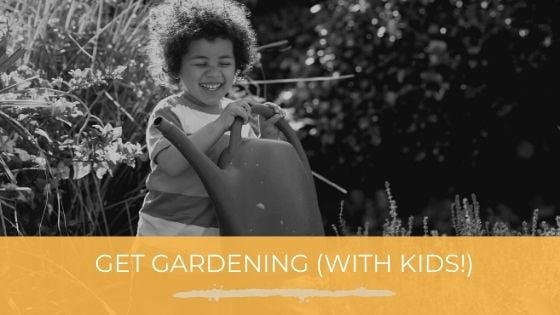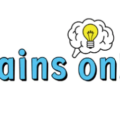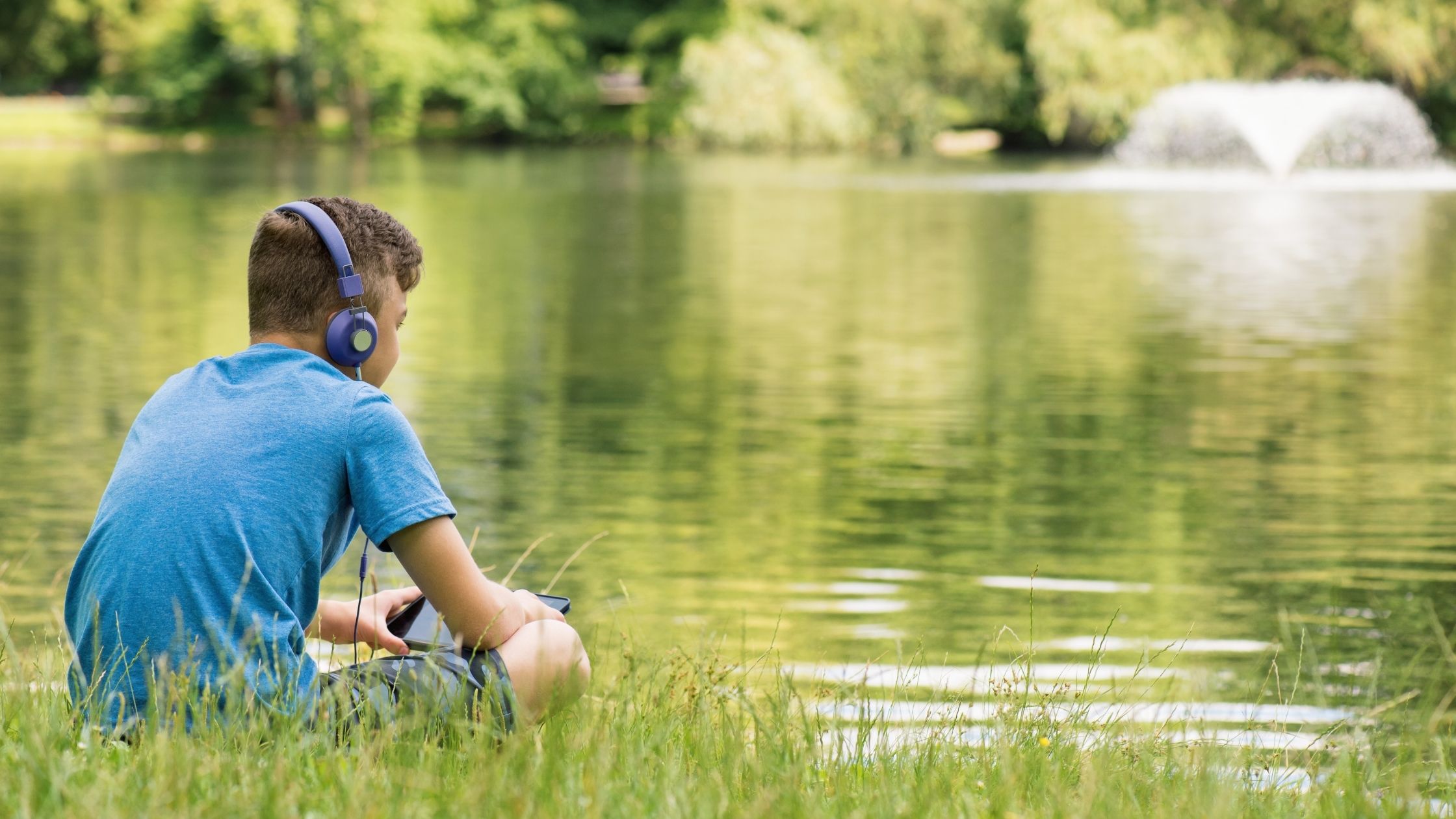I should always bring Kleenex to parent-teacher conferences. Every October, it never fails: something a teacher says about one of my three children will cause a lump to form in my throat and tears to materialize. Parental pride mixes with gratitude as I think to myself, “This teacher really gets my kid!”
Last fall, it was a conversation with my son Elias’ sixth grade social studies teacher that had me struggling to keep my composure. She already knew our family because she had taught my two older, hard-act-to-follow kids, Louisa and Sebastian. Any worries I’d had about my observer child being unfavorably compared to his more outgoing siblings dissipated in the first few minutes of the conference, when the teacher demonstrated that she had already identified Elias’ unique strengths and was excited to have him in her classroom.
Not every parent-teacher interaction goes that well. It’s certainly something to aspire to, though, especially during the transition years between elementary school and high school. As tweens explore who they are and who they want to become, it’s natural for them to seek more independence and test their boundaries. But they still need a strong parent-teacher team behind them, cheering them on.
As Megan Olivia Hall, Minnesota’s Teacher of the Year for 2013, succinctly puts it: “The more that parents and teachers connect, the better kids will do.”
Hall teaches science to students in grades 7–12 at Open World Learning Community, a public school in the St. Paul district. She’s been praised for her ability to reach out to families and get them involved in the school, which actively recruits parent volunteers and works at building meaningful parent-teacher relationships.
Some parents find it more challenging to connect with teachers and classrooms as their kids grow older—it can be an issue of time, the school’s size, a concern that their child will be embarrassed by their involvement, or maybe even a reluctance to be reminded of the angst of their own middle school experience. For those uncertain or hesitant parents, Hall offers three reasons why it’s important for parents to stay involved:
Students benefit from being around people of different ages.
Hall says schools today are diverse in every way but age. Tweens spend most of each day having social interactions with people of a similar age, and because they are all going through the same challenges of discovering who they are, it can be scary and confusing. “When we have a lot of adults, including parents, embedded in the school setting, tweens have more positive role models for what life will be like,” she says.
Students benefit from having people they trust understand their world.
Even the most considerate and honest students don’t give their parents a full and accurate report of what’s happening at school, Hall says. They might not want to admit when they are struggling, or they might have trouble explaining the challenges they’re facing. A parent who spends time in their child’s school can make their own observations and gain a different perspective, which they can draw upon as they help their child navigate these struggles.
Volunteering gives parents a broader perspective on tween behavior.
Because their brains are growing and maturing, tweens learn to manage risk and make decisions by pushing back against their parents. Hall says this give-and-take can be stressful for parents, but the conflict helps adolescents learn boundaries. If parents are actively involved—whether they are at school once a week, or once a month—they can gain a better understanding of the context of their child’s behavior, and that can help them respond more calmly and offer more meaningful advice.
Hall says secondary schools need volunteers just as much, if not more, than elementary schools. Most have a wide variety of tasks that parents can help with, ranging from assisting a teacher in a classroom to making copies for the school secretary.
“A good parent volunteer doesn’t have to be someone who’s at the school every day—it’s about being connected to the community,” she says.
Being involved at school shows kids that parents value their education, and it also shows teachers that they are appreciated. Even a small gesture, like a heartfelt thank you note, can make a big difference, Hall says.
“It’s such a powerful relationship,” she says. “If parents and teachers work together, there’s nothing we can’t do—we know our kids.”
Bring on the fall conferences—and the Kleenex.
Joy Riggs is a mother of three teenagers. She lives in Northfield. Send comments or questions to [email protected].


















